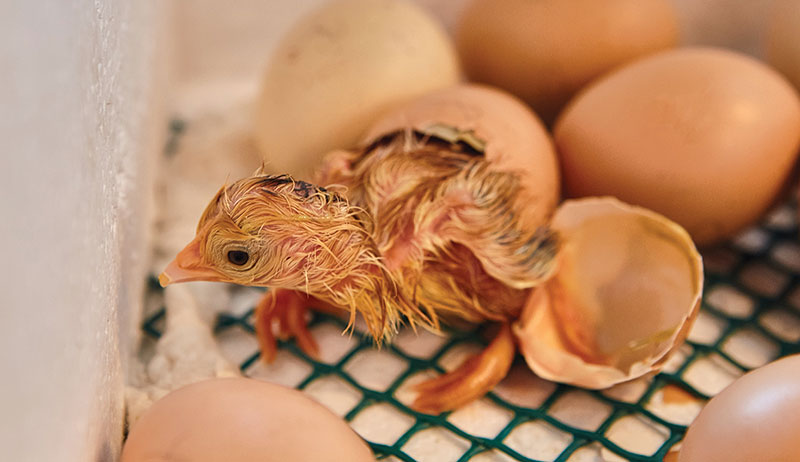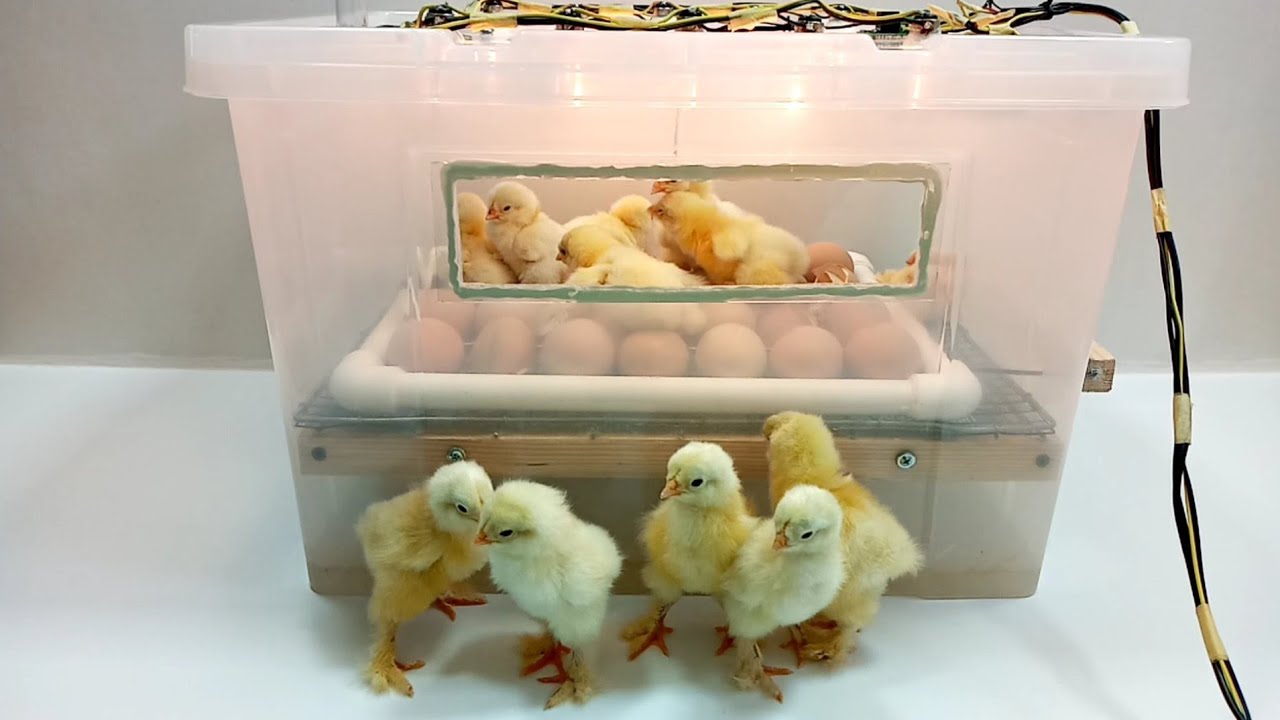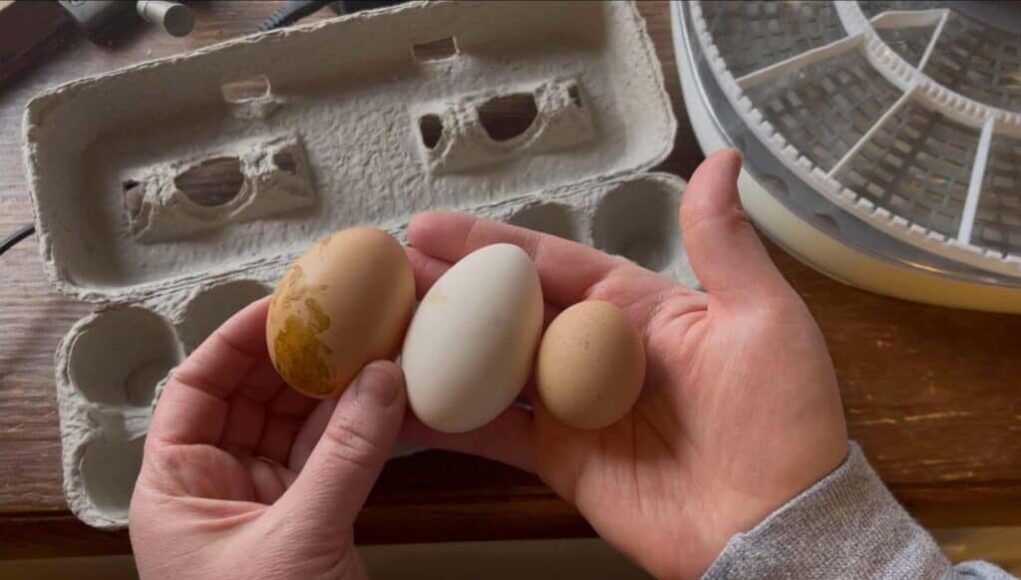When it comes to poultry farming, ensuring the proper humidity control in a chicken incubator is crucial for successful egg hatching. Maintaining the right humidity levels can significantly impact the development and health of the chicks. This comprehensive guide will delve into the importance of humidity control, how to achieve it, and tips for ensuring a thriving hatch.

Understanding Humidity in Incubators
Humidity is a measure of the amount of water vapor in the air. In the context of a chicken incubator, humidity control is vital to prevent the eggs from losing too much moisture or retaining too much, both of which can be detrimental to the developing embryo.
The Role of Humidity in Egg Development
During incubation, eggs naturally lose moisture through their shells. The right humidity level helps regulate this moisture loss, ensuring that the embryo develops properly. Too little humidity can lead to excessive moisture loss, resulting in a chick that is too small and weak. Conversely, too much humidity can prevent the egg from losing enough moisture, leading to a chick that is too large to hatch properly.
Optimal Humidity Levels
The recommended humidity levels for chicken eggs typically range from 45% to 55% during the first 18 days of incubation. During the final days, known as the lockdown period, the humidity should be increased to around 65% to 75% to facilitate proper hatching. For more detailed guidance, you can refer to this beginner’s guide to hatching eggs.
Achieving Ideal Humidity Levels
Maintaining the right humidity in a chicken incubator involves careful monitoring and adjustments. Use a reliable hygrometer to measure the humidity levels within the incubator. Adjustments can be made by adding or removing water from the incubator trays.
Using Water Trays
Most incubators come with water trays that help maintain humidity levels. By adding water to these trays, you can increase the humidity. Conversely, if the humidity is too high, you can remove some water or increase ventilation to lower it.
Ventilation’s Role
Proper ventilation is essential for controlling humidity and providing fresh air to the developing embryos. Ensure the incubator has adequate airflow without allowing too much moisture to escape.
Common Challenges and Solutions
Even with careful monitoring, achieving the perfect humidity level can be challenging. Here are some common issues and their solutions:
Fluctuating Humidity Levels
Fluctuations can occur due to environmental changes or incubator malfunctions. Regularly check and calibrate your hygrometer to ensure accurate readings. Consider using a backup hygrometer for more precise monitoring.
Overcoming Low Humidity
If you struggle with low humidity, adding a wet sponge or cloth inside the incubator can help increase moisture levels. Ensure the sponge is clean to avoid introducing contaminants.
Addressing High Humidity
High humidity can be managed by increasing ventilation or using a dehumidifier in the room where the incubator is located. Additionally, removing some water from the trays can help reduce humidity levels.
Additional Tips for Successful Hatching
Alongside maintaining the right humidity, several other factors contribute to successful hatching:
Temperature Control
Temperature and humidity go hand in hand. Ensure your incubator maintains a steady temperature between 99.5F and 101F for optimal results.
Regular Monitoring
Check the incubator’s temperature and humidity levels at least twice daily to ensure they remain within the ideal range. Regular monitoring allows you to make timely adjustments as needed.
Egg Turning
Turning the eggs several times a day prevents the embryo from sticking to the shell. Automated incubators typically handle this task, but manual turning is necessary if your incubator lacks this feature.
For more insights on poultry management, you might find this article on how to clean a chicken coop naturally helpful.

FAQ
Why is humidity control important in a chicken incubator?
Humidity control is crucial because it regulates moisture loss from the eggs, ensuring proper development of the embryo and successful hatching.
What happens if humidity levels are too low?
Low humidity can cause excessive moisture loss from the eggs, resulting in weak or undersized chicks that may struggle to hatch.
How can I increase humidity in my incubator?
To increase humidity, add water to the incubator trays, use a wet sponge, or reduce ventilation to trap more moisture inside.
For more information on how to maintain the health of your flock, consider exploring herbs that prevent molting stress in chickens.
This article contains affiliate links. We may earn a commission at no extra cost to you.











